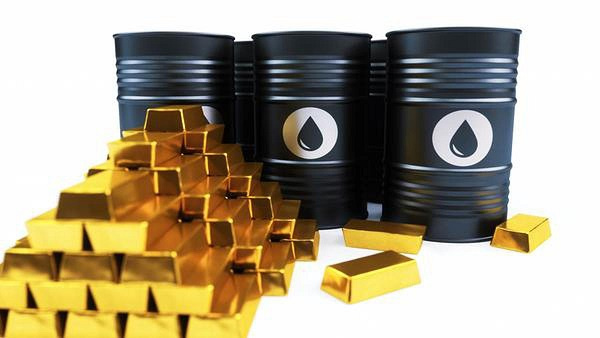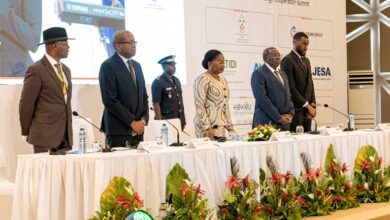Ghana’s Gold-for-Oil Legacy Draws Scrutiny as IMANI Africa, BoG Clash Over Impact

Ghana’s Gold-for-Oil (G4O) programme, once hailed as a bold innovation to stabilise fuel prices and ease pressure on the cedi, is facing renewed scrutiny as civil society think tank IMANI Africa presses for a criminal inquiry into what it describes as opaque and costly transactions.
The initiative, launched in late 2022, was marketed as a de-dollarisation measure. Government officials said it would allow Ghana to use gold rather than scarce U.S. dollars to cover refined fuel imports, easing pressure on the currency and securing supplies in a volatile market.
BoG’s Earlier Defence of G4O
The Bank of Ghana, which designed and managed the policy, has consistently defended its value. Speaking months ago at the CNVERGE 2025 conference in London, First Deputy Governor Dr. Zakari Mumuni argued that the scheme helped to stabilise transport costs, moderate inflation, and protect the cedi during a period when fuel prices surged by over 200% in a year.
Dr. Mumuni traced the programme to the Domestic Gold Purchase Programme of 2021, which sought to build gold reserves and diversify foreign exchange holdings. By leveraging gold-backed transactions, the central bank says it was able to bypass volatile currency markets and secure competitive supplies of petroleum products.
“This was another clear example of how commodities were used as instruments of liquidity and trade facilitation in the Ghanaian economy,” Mumuni said at the time.
IMANI’s Fresh Claims
IMANI Africa, however, now says the scheme was far less innovative than portrayed. In a detailed account shared by Vice President Bright Simons, the think tank claims the BoG ultimately sold gold for dollars and routed about $1.63 billion to suppliers of the state-owned Bulk Oil Storage and Transportation Company (BOST) through opaque, non-auction channels.
Some of the firms engaged had little or no track record in the fuel trade, with one currently facing criminal proceedings abroad in connection with the G4O scheme. IMANI further alleges that the central bank incurred more than GHS2.1 billion in foreign exchange losses during the programme.
“These were not transparent market interventions,” Simons argued, saying the process enriched unknown counterparties and left taxpayers bearing the costs. IMANI and its partners have called for a full forensic audit into the programme, with civil society groups observing the process.
Two Contrasting Narratives
The divergence between the BoG’s earlier defence and IMANI’s new allegations underscores a deepening debate over how Ghana manages commodity-backed policies. For the central bank, G4O was a pragmatic response to external shocks that kept fuel supplies flowing without worsening currency volatility. For critics, it represents a cautionary tale of how opaque transactions and state-backed market interventions can erode public trust and fiscal credibility.
Policy and Market Implications
The dispute has broader significance as Ghana implements an IMF-supported recovery programme and seeks to rebuild investor confidence. While the BoG ended its direct involvement in G4O in March 2025, reverting to its traditional dollar auction system, IMANI’s allegations are likely to sharpen calls for greater accountability in economic management.
Fuel imports, which cost Ghana over $4 billion annually, remain a key pressure point for foreign reserves. How the G4O legacy is handled whether vindicated as a stabilising tool or exposed as a costly misstep could shape both domestic trust in economic governance and international perceptions of Ghana’s reform efforts.




